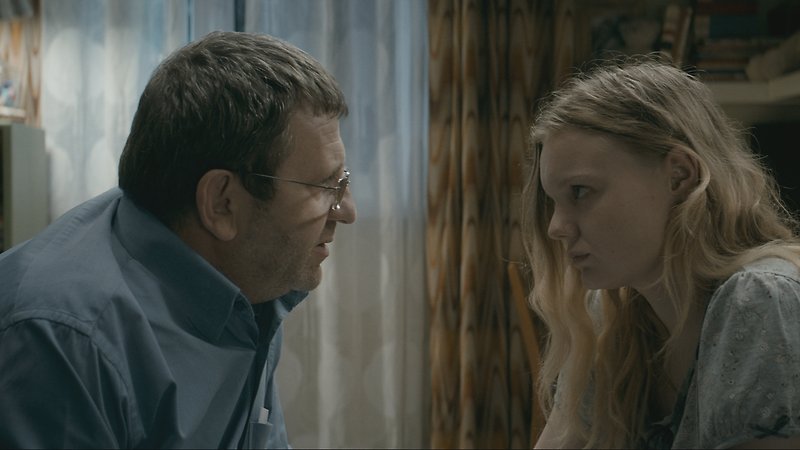Cannes winner Cristian Mungiu (4 Months, 3 Weeks and 2 Days) directs a tense, involving moral thriller centred on an overbearing father keen to get his daughter out of Romania and into a British university at any price.


A masterly, complex movie of psychological subtlety and moral weight… Graduation is an intricate, deeply intelligent film.
Screened as part of NZIFF 2016
Graduation 2016
Bacalaureat
2007 Palme d’Or winner Cristian Mungiu (4 Months, 3 Weeks and 2 Days) shared the Cannes Prize for Direction this year for this tense, intricately plotted and utterly plausible tale of a middle-aged doctor’s slide into a world of bribery and favoritism. His daughter needs to score qualifying marks to take up a scholarship on offer from a British university. When she’s subjected to a traumatic attack on the eve of her exams, he figures that she’s handicapped by her injury and deserves whatever help he can provide.
“There was presumably a single, ground-zero favor done way, way back, that needed to be repaid and that ultimately led to what Cristian Mungiu’s terrific Graduation convincingly portrays as the national Christmas-lights-tangle of quid-pro-quo corruption and endemic nepotism, that passes for a system of governance in modern-day Romania…
An excoriating, gripping, intricately plotted morality play, Mungiu’s film is less linear, more circular or spiral-shaped than his previous Cannes titles… but it is no less rigorous and possibly even more eviscerating and critical of Romanian society, because it offers its critique across such a broad canvas. Tracing the labyrinthine messes we get ourselves into the millisecond we decide the end justifies the means, pragmatism trumps integrity, and moral relativism is preferable to moral absolutism, Graduation is intimate, epic and crisply intelligent: Haneke with a human touch and no desire to judge.” — Jessica Kiang, The Playlist